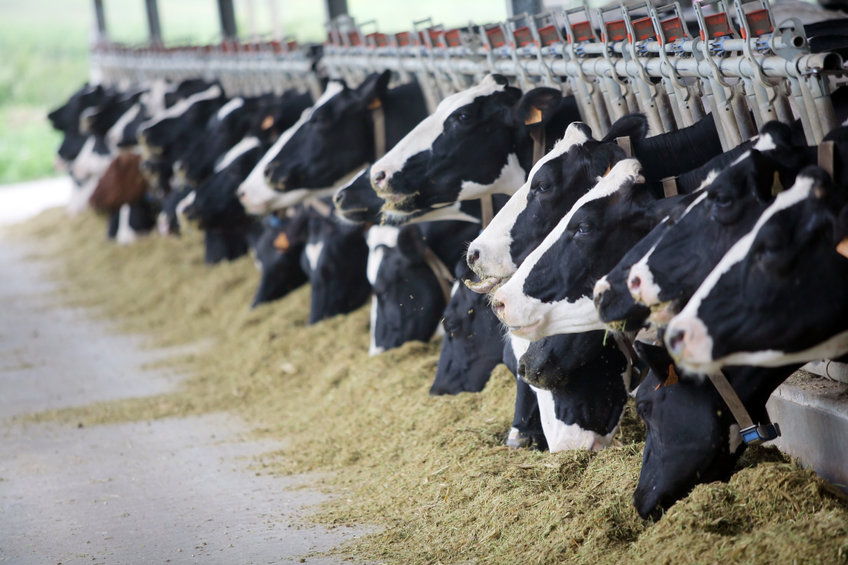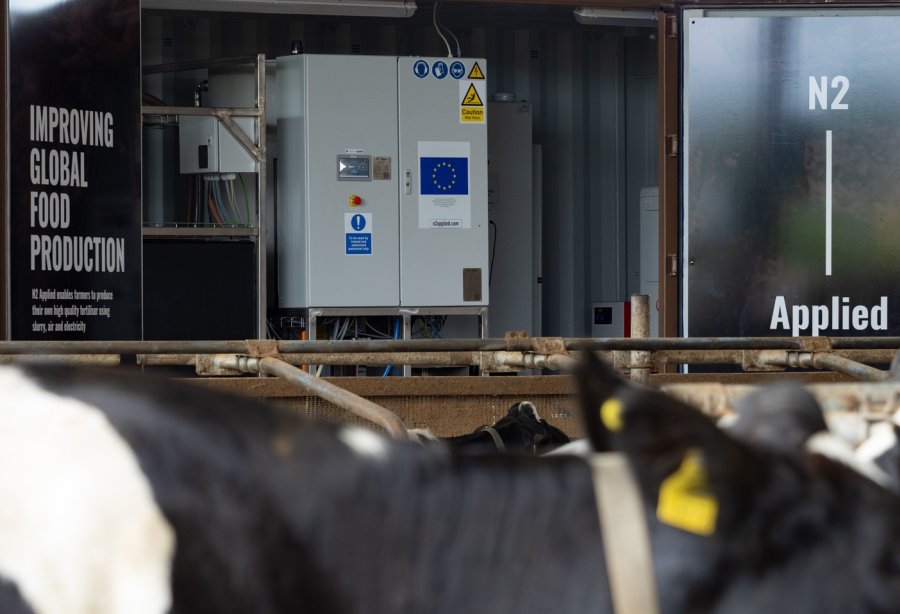Plasma tech strips pollutants from manure, UK trial shows

Tests on a Buckinghamshire farm have show that plasma conversion technology can remove harmful pollutants from livestock manure.
The technology eliminates ammonia emissions which reduce air quality, while removing emissions from methane and enriching the nutrient content of manure.
N2 Applied, a Norweigan agri-technology business, has been working with UK environmental consultancy ADAS on a trial based at Holly Green Farm in Buckinghamshire.
The project has shown practical elimination of emissions and improved grassland yields with the firm's N2 Unit, as well as the ability to suppress odours from ammonia leakage.
ADAS said the trial in Buckinghamshire reduced ammonia in slurry by 90 percent, while it slashes the emissions of methane by 99 percent.
While lowering carbon dioxide emissions is key to managing the effects of climate change, methane is also a potent greenhouse gas.
The recent United Nations IPCC report outlined that it contains more than 80 times the global warming potential of carbon dioxide over a 20-year period.
Using a scientific technique that applies just air and electricity to slurry, the technology within the N2 Unit performs a plasma conversion that ‘locks in’ both methane and ammonia to the liquid waste material, producing a sustainable fertiliser.
Treated slurry produced on-farm has the potential to reduce the need for chemical fertiliser, and therefore further reduce greenhouse gas emissions.

Carl Hansson, CEO of N2 Applied, said the technology practically eliminates methane and ammonia emissions, having 'profound implications' for the dairy industry.
“As the dairy industry moves to counter its environmental impact, it is seeking out practical innovation that can tackle the biggest problems while introducing new farming practices.
"Combined, this supports an approach to sustainable food production that can enable more people to be fed with far-reduced impact on our world,” he said.
Following the UK trial, N2 Applied is now moving to offer further tests and commercial availability of the tech as dairy farms seek to reduce emissions from their supply and production chains.








